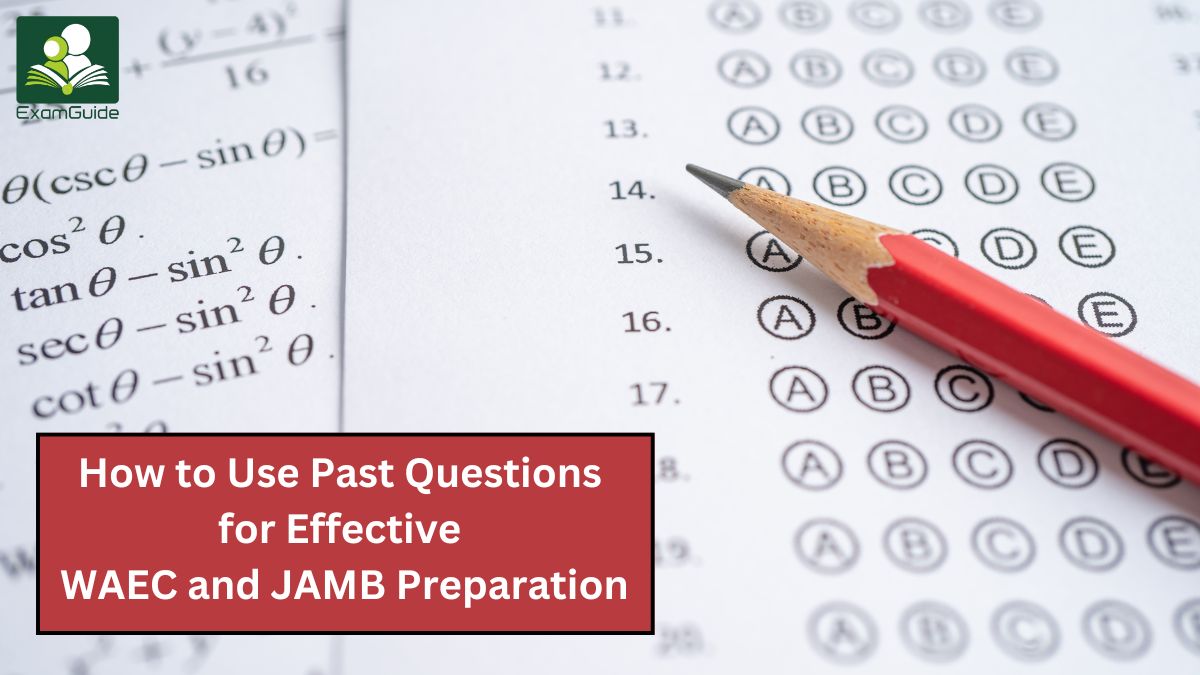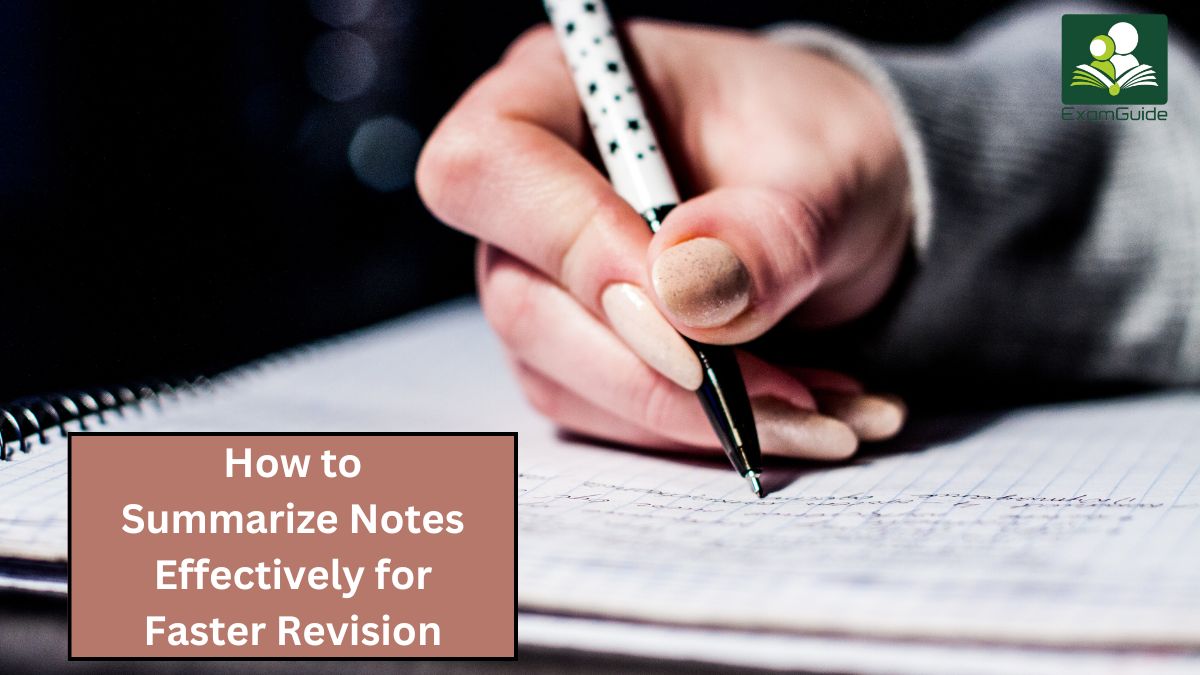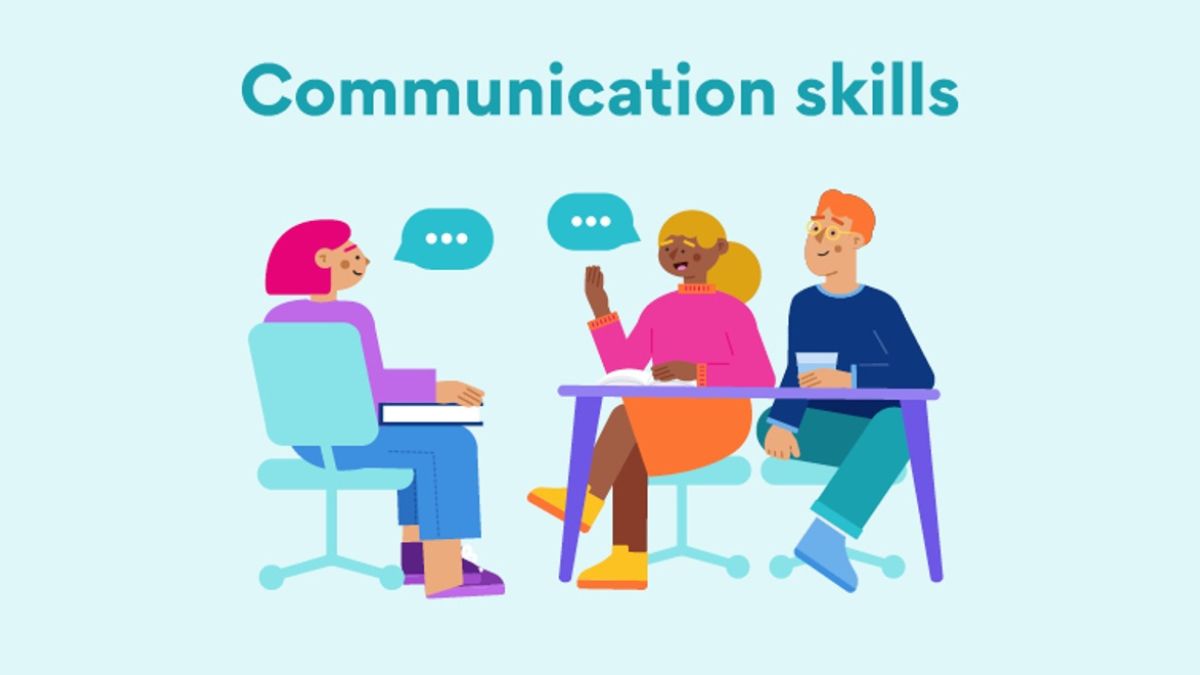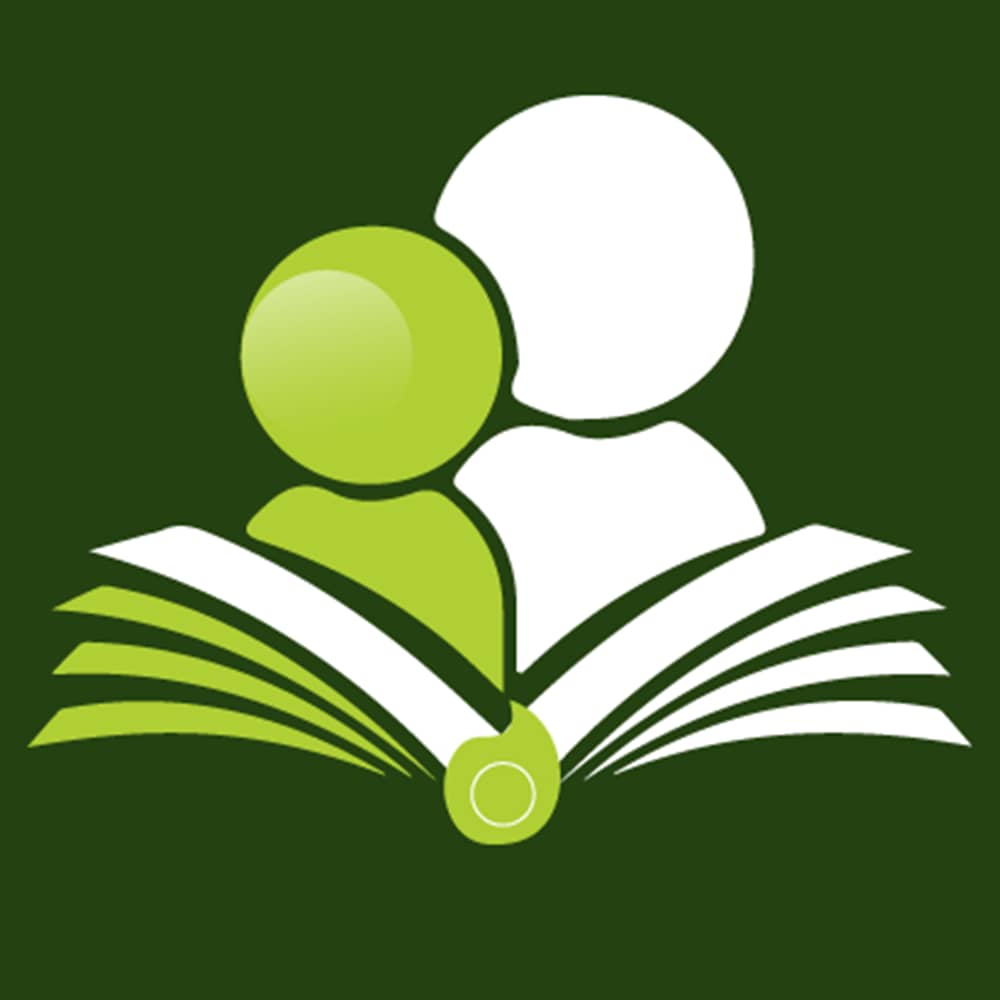
10 WAYS TO STUDY AND PASS EXAMS IN ONE SITTING
Eat-Study-Sleep-Study, Repeat the circle
Study Methods that guarantees high scores
- Study Plan
The best way to start your study is to plan out your time against the course syllabus. Make a pictorial representation of all topics and sub topics. This will help you set your mind to what is ahead. Create a study plan that can guarantee you finish up all of your course work before the examination. Set for yourself clear daily, weekly and monthly targets – this makes it easier to track your progress in relation to the exam date.
- Study Location
You understand yourself better than anyone can. Find a place that suits how you study. For most it’s somewhere quiet with little distraction, like a library or a small café. Everyone’s different, so as long as it works for you - stick with it.
- Timing
Choose a very suitable time that you will have the least distraction. If you’re a full time student then you can devote all day to studying, though as mentioned above, you still need a study plan in order to maximize time use. Having so much time on your hands can be overwhelming and doing nothing else other than studying can actually make on very bored and frustrated so it’s better to allocate time for study and find other activities like skill acquisition that can take up the remaining time. For those working and/or with families, you need to study at the times you will have full concentration so you can study intensively, but it is advisable that you follow some structure in your study sessions and factor in breaks and time to reflect.
- Attend Tutorial Classes
If you are still in school setting while preparing for your exams, it is important not to miss your classes. Attending classes is very crucial to enhancing understanding of subject matters. Statistics shows that people understand better when taught by an authority in the field than when they study on their own. If you are no longer in school setting, you can look for centers that offer classes for the exam you are preparing and join the class. Meeting with people preparing for same exam will serve as a source of motivation and you can have unlimited access to information on the exam.
- Practice with Past question papers
This is simple and something that tops the study strategy list for most successful students – practice answering real past exam questions as much as possible. A better strategy is to peruse before revising a particular subject thoroughly, take a look at past papers, but do not attempt to solve them yet, just get a feel of what the question pattern/structure looks like. Then study with the syllabus for that subject thoroughly and when you’ve covered everything, start attempting the past questions. They’re most useful when you get closer to the exams as they offer a firsthand experience of what the main exam will look like. For effective practice, set a time below or just exactly same as the main exam, take the exam as you would if in the main exam hall and mark yourself sincerely. From your result analysis, you can now know where to focus more in your study.
I will love to introduce to you an application that can help you study effectively and ace your exams in one sitting. ExamGuide Computer Learning App contains large bank of real exam past questions with answers and detailed explanation. It also contains syllabus based study materials and integrated with AI Tutor. ExamGuide is available for Common Entrance Examination, BECE, WASSCE, UTME and many more. Visit www.examguide.com/offline to download an application tailored for your particular Exam.
- Make notes of vital details
This is a method that delivers great result, sadly many don’t do this. Summarize theories and information into your own words in notebooks or flash cards. This can come very handy on the examination morning. All you do is revise it before entering the examination hall. Writing in your own words is an excellent way to help internalize Concepts.
- Group study
Form study groups with students writing the same exam as you. This always creates a healthy competition and your peers can serve as your accountability partners. Studying with people can also provide support when you’re stuck on a topic, it can help keep you motivated and it can be sociable, giving you the chance to take breaks with others.
- Revision
Allocate time to go through you study materials and be sure you have fully covered all in the syllabus. Close to exams is not a good time to start learning big theories or concepts, it’s likely too late and you should have done this already. Now is the time for past Exam questions and boosting your short-term memory with exam strategies and facts to bolster your wider understanding.
- Rest, eat, and exercise
As highlighted above, taking regular breaks throughout your study sessions is important, but so too is the bigger picture. You need to rest properly and not feel guilty about spending spare time doing non-exam preparation activities. Think too about eating well and exercising, not just for physical health, but it’s proven to support brain performance, decreasing stress and promoting confidence.
- Reward yourself
Yes, it’s ok to treat yourself, even before the exam, but only if you’ve been meeting your revision targets. How you reward yourself is up to you – cinema, night out with friends, shopping etc. – but make sure you’ve earned it.
Following all of these steps will guarantee you great success in your forth coming examination. You can access free video tutorial classes on different courses from www.examguide.com/lerninghub
No comment found
Related Posts

Top 20 Motivational Quotes for Students to Work Hard

How to Use Past Questions for Effective WAEC and JAMB Preparation

Language barriers in Nigerian Education and how to Overcome them

How to Excel in Mathematics: Tips for Nigerian Students

How to Summarize Notes Effectively for Faster Revision


